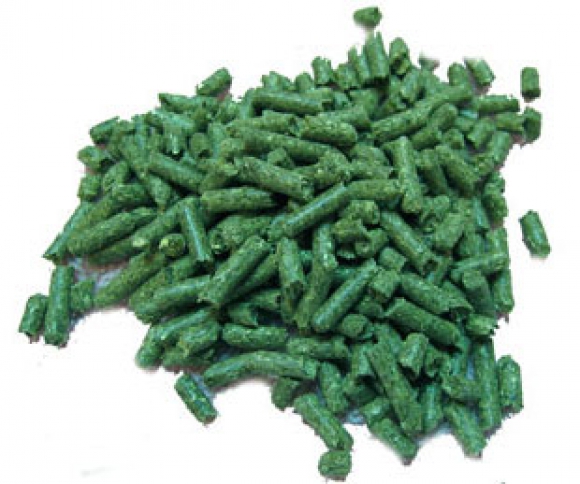


ASK US
The Rodenticide Risk
 Now that it is cooling off again (or staying cool- can we even count the past months as summer?) mice and other rodents are trying to find warm places to stay- and this usually includes your house. In case you are thinking about using rat poisons to help combat the problem, we wanted you to be aware of what these poisons can do to your pet if ingested.
Now that it is cooling off again (or staying cool- can we even count the past months as summer?) mice and other rodents are trying to find warm places to stay- and this usually includes your house. In case you are thinking about using rat poisons to help combat the problem, we wanted you to be aware of what these poisons can do to your pet if ingested. - Anticoagulant rodenticides - This includes warfarin and d-CON. These work by stopping the clotting ability of the rat which then causes a fatal bleed. Even though this sounds pretty bad, this is one of the poisons we can treat (with fast intervention). Even if your pet were to start showing symptoms (bleeding), there still is a chance we can treat them successfully. Unfortunately, the EPA just issued a mandate requiring the removal of most of these from the market. This means that the 'easily' treatable poison will be less common and the next few will be seen a lot more.
- Bromethalin - This includes Assault, Tomcat Mole Killer, Talpirid, Real Kill, to name a few. This poison causes fluid build up in the brain (cerebral edema) and death. If your pet could have ingested this one, early intervention is key. This means induced vomiting, a special medication to absorb any remaining poison from the intestinal tract, and close monitoring. If your pet starts showing symptoms (wobbly walking, depressed mentation, seizures, coma, paralysis, or tremors), the prognosis becomes poor.
- Cholecalciferol - This is the chemical name of Vitamin D3 and in addition to coming from rat bait can also be found in vitamins or psoriasis creams. With this rat poison, your pet only needs to eat a very tiny amount before severe problems can occur. Vitamin D3 causes an increase in calcium and phosphorus levels in the blood which then cause mineralization of the kidneys and kidney failure. If you see your pet eat this one, come right in so we can start the decontamination procedure described above. If symptoms start (which include increased thirst and urination, weakness, lethargy, vomiting, dehydration, or black or bloody poop), the prognosis is also poor. Treatment at this point is extreme (and expensive)- hospitalization and monitoring for 2-7 days, with additional monitoring for the few weeks after treatment if the patient goes home.
These options for rodent control are pretty serious poisons- so consider carefully the possible effects if you decide to use one of these around your house. If your pet does ingest something, the safest thing is to bring them in right away- and please bring the packaging for the poison. Some of these poisons look the same, and they have dramatically different treatments. As always, if you have any questions, please give us a call!



